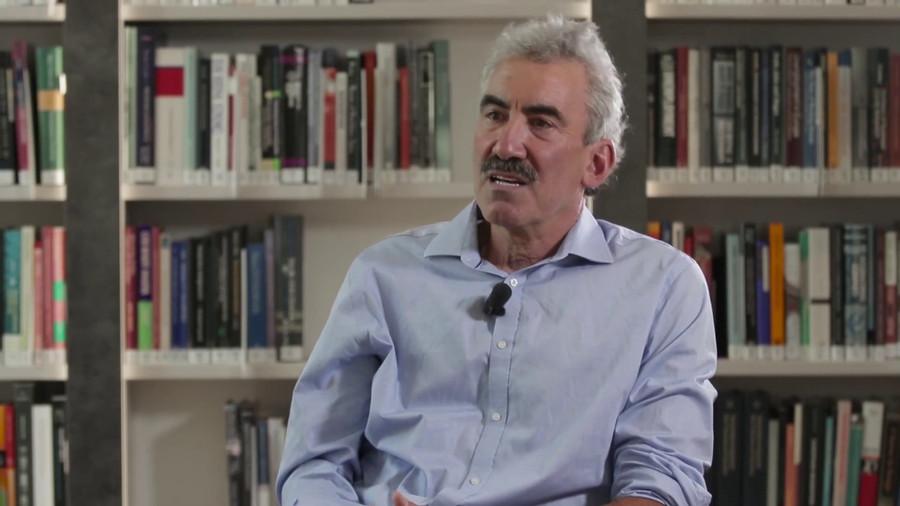Wisdom Branch 1: Epistemology
Knowing what you know and what you don’t know.
The wise person may seem to be all-knowing, but this branch of philosophy suggests it’s as important to make room for the possibility that you don’t. For example, it’s wise to confess to your own limitations but unwise to fake-knowing something you don’t (or can never know). When you make an “educated guess,” be sure not to claim you’re 100% sure.
32
190 reads
CURATED FROM
IDEAS CURATED BY
“We do not receive wisdom, we must discover it for ourselves, after a journey through the wilderness which no one else can make for us, which no one can spare us, for our wisdom is the point of view from which we come at last to regard the world.”
“
Similar ideas to Wisdom Branch 1: Epistemology
5. Positive emotions + healthy lifestyle may boost your immunity
Some research suggests that optimism can actually make our immune system work better. “I don’t know if it’s a direct cause,” Tran says, “but the happier, or more positive you are, the more likely you are to eat right and be less stressed ...
Wisdom and humility
An attitude of wisdom as acting on the best information you have while doubting what you know. And for that you need humility.
But people misunderstand what humility is. Confident humility is being able to say, “I don’t know and I might be wrong,” or “...
The information gap
In a 1994 paper, George Loewenstein theorized that curiosity’s direction is determined by the “information gap,” the sudden awareness of what you don’t know and the immediate desire to fill that gap.
But for the information gap to set its hook, though, it can’t be ...
Read & Learn
20x Faster
without
deepstash
with
deepstash
with
deepstash
Personalized microlearning
—
100+ Learning Journeys
—
Access to 200,000+ ideas
—
Access to the mobile app
—
Unlimited idea saving
—
—
Unlimited history
—
—
Unlimited listening to ideas
—
—
Downloading & offline access
—
—
Supercharge your mind with one idea per day
Enter your email and spend 1 minute every day to learn something new.
I agree to receive email updates

